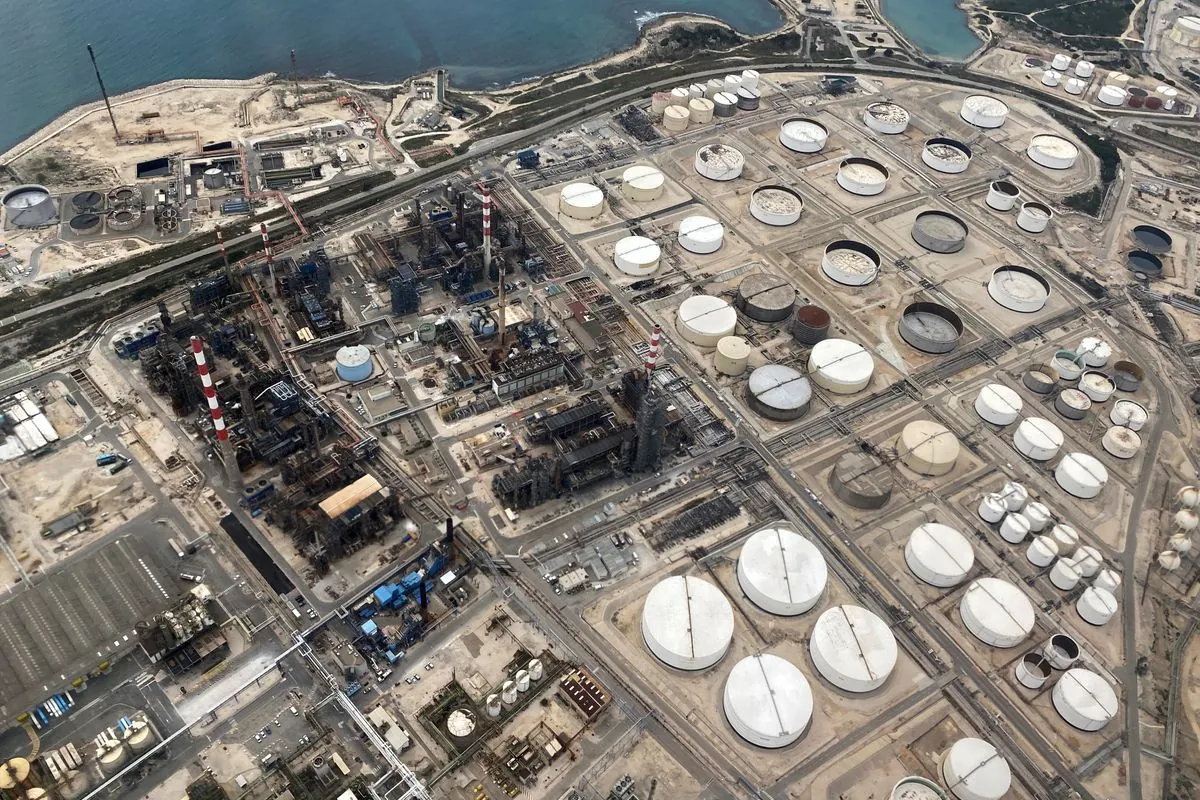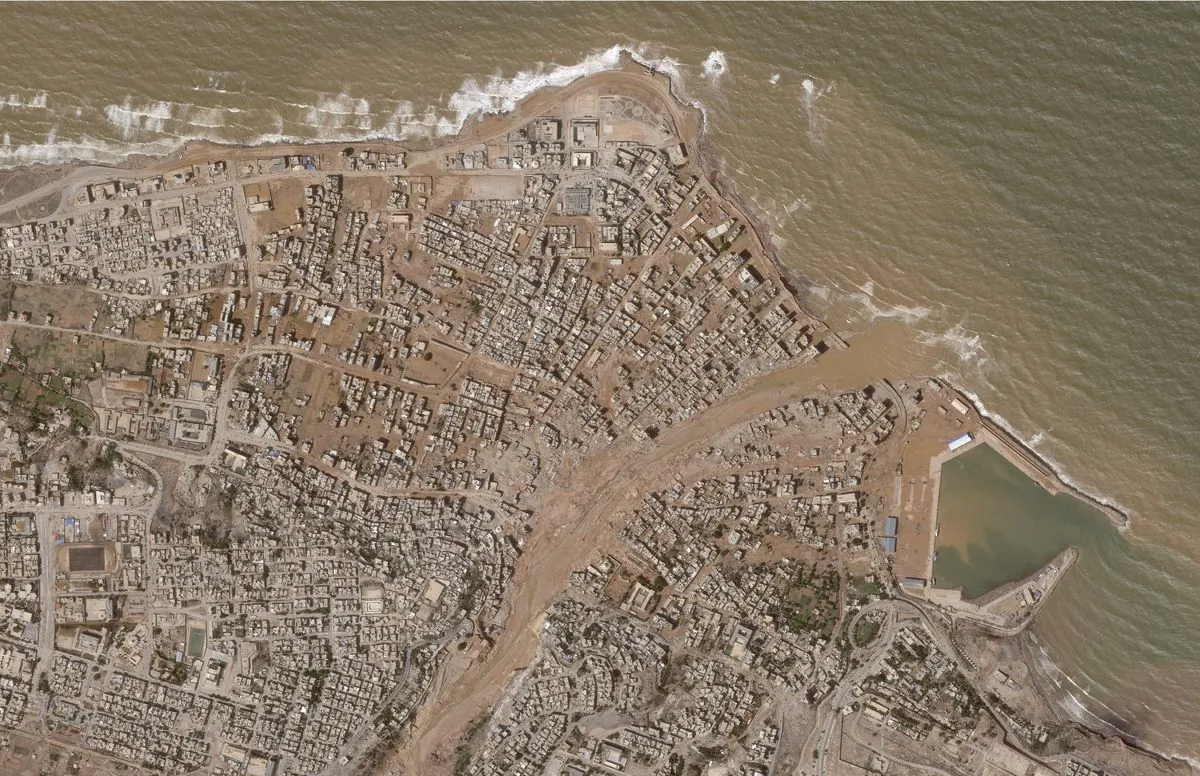Libya's Oil Exports Cease Amid Political Turmoil, Production Plummets
Libya's major ports halt oil exports due to political standoff, causing production to drop by over 50%. Crisis threatens Libya's four-year period of relative stability and impacts global oil supply.

Libya, a nation with the largest proven oil reserves in Africa, is experiencing a significant disruption in its oil industry. As of September 2, 2024, exports at major Libyan ports have come to a halt, and production across the country has been substantially reduced. This development stems from a political standoff over the control of the central bank and oil revenue.
The crisis began in August 2024 when western factions attempted to replace Sadiq al-Kabir, the long-standing Central Bank of Libya (CBL) Governor, with a rival board. In response, eastern factions called for a complete shutdown of oil production. This conflict threatens to end a four-year period of relative peace in the OPEC member state, which has been divided between eastern and western factions for the past decade.
According to reports from six engineers, exports have ceased at the ports of Es Sidra, Ras Lanouf, Hariga, Zueitina, Brega, and Sirte. Es Sider, the largest oil port in Libya, is among those affected. Some production is being increased to meet local power generation needs, particularly at the Hariga port power plant.

The impact on production has been severe. The National Oil Corporation (NOC) reported that total production plummeted from nearly 959,000 barrels per day (bpd) on August 26 to just over 591,000 bpd by August 28, 2024. This represents a decrease of more than half from the typical levels, resulting in losses exceeding $120 million over just three days. For context, Libya's average production in July 2024 was 1.18 million bpd, according to OPEC secondary sources.
Arabian Gulf Oil Company (AGOCO), a subsidiary of the state-owned NOC, has been particularly affected. Its production dropped from 290,000 bpd on July 20 to 139,000 bpd on August 28, 2024. AGOCO controls the Sarir, Nafoura, and Messla fields, which are crucial to Libya's oil industry.
Libya's oil sector, which accounts for about 95% of the country's export earnings, has been a source of both wealth and conflict since the first oil discovery in 1959. The industry's nationalization in 1970 and the establishment of the Libyan National Oil Corporation in the same year marked significant milestones. However, political instability, including the 2011 Libyan Civil War, has repeatedly disrupted production.
The current crisis underscores the ongoing challenges faced by Libya's oil industry. Despite having proven reserves estimated at 48 billion barrels and a network of oil pipelines totaling over 4,000 kilometers, the country's potential to significantly increase production remains hampered by political instability.
As the situation unfolds, the global oil market watches closely. Libya's high-quality, low-sulfur crude is highly valued, and disruptions in its supply can have far-reaching effects on international oil prices and supply chains.
"The total production has plunged to just over 591,000 bpd by Aug. 28 from nearly 959,000 bpd on Aug. 26, amounting to losses of over $120 million over the three days."
The resolution of this crisis is crucial not only for Libya's economy but also for its workforce, as the oil industry employs a significant portion of the country's labor force. The coming days will be critical in determining whether Libya can restore its oil production and exports, or if the political standoff will continue to impact this vital sector of its economy.


































